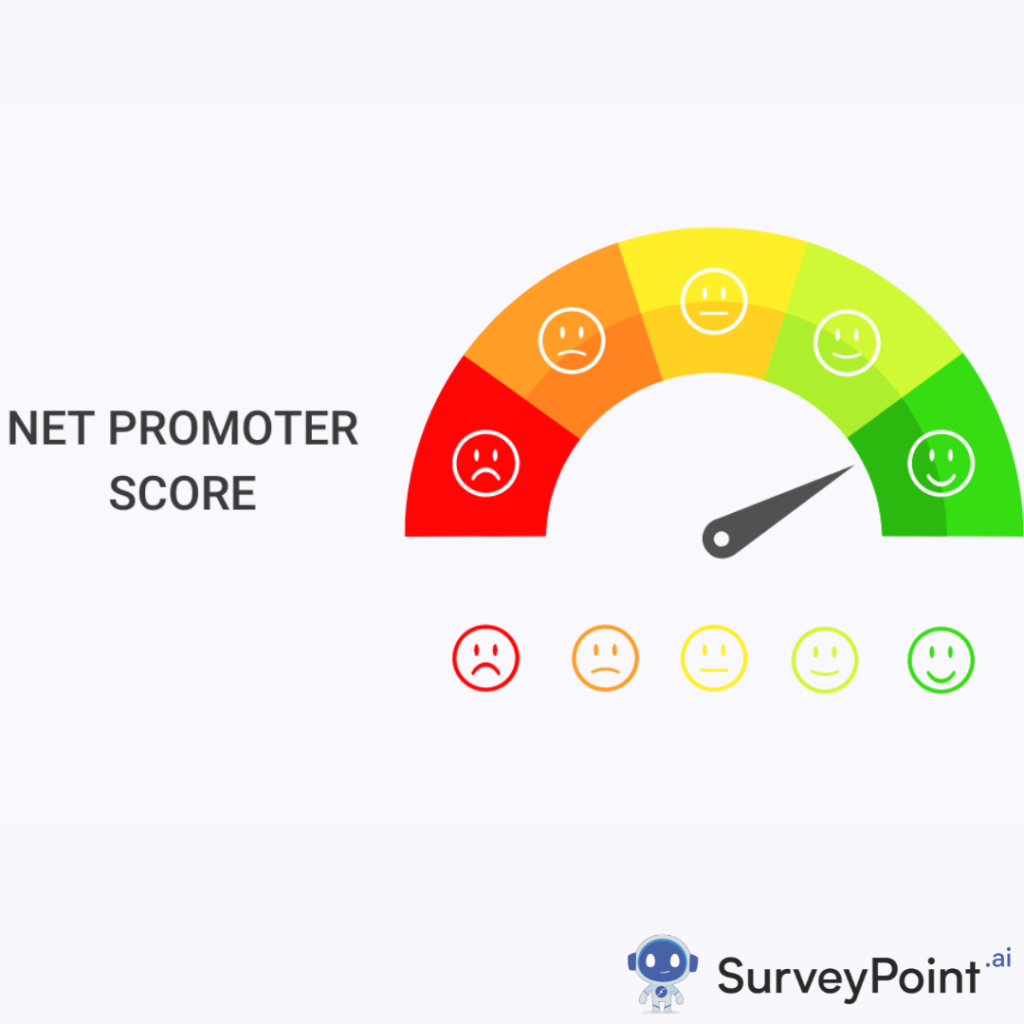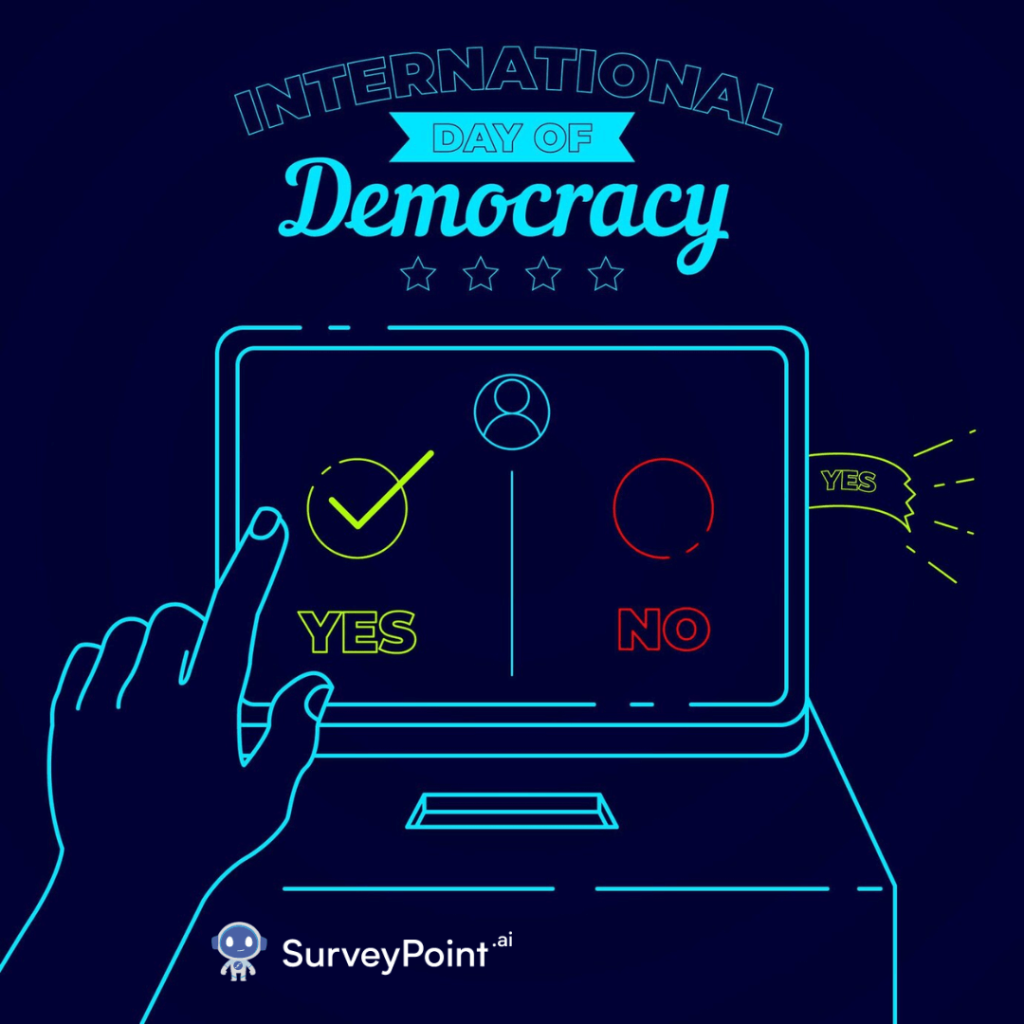
In the ever-evolving landscape of business, market research stands as a cornerstone, providing invaluable insights that guide strategic decisions. This comprehensive guide unravels the intricacies of market research, exploring the diverse methods, tools, and techniques employed to decode consumer behavior and industry trends.
Understanding Market Research: The Foundation of Informed Decisions
1. Defining Market Research Methods Market research methods encompass the systematic collection, analysis, and interpretation of data related to a specific market, product, or service. These methods play a pivotal role in understanding consumer preferences, market dynamics, and competition.
2. The Importance of Market Research Effective market research serves as a compass for businesses, helping them navigate the competitive landscape, identify opportunities, and make informed decisions. From launching new products to refining marketing strategies, market research is the key to staying relevant and responsive to changing market trends.
Types of Market Research Methods: Navigating the Research Landscape
1. Surveys and Questionnaires: Surveys and questionnaires are widely used to gather quantitative data from a target audience. These structured tools help businesses understand consumer preferences, opinions, and behaviours.
2. Interviews: Unveiling In-Depth Perspectives In-depth interviews provide a qualitative approach, allowing researchers to explore nuanced insights. These one-on-one conversations offer a deeper understanding of consumer motivations and preferences.
3. Focus Groups: Collaborative Exploration Focus groups bring together a small group of participants to discuss specific topics or products. This method fosters interactive discussions, revealing diverse perspectives and uncovering collective opinions.
4. Observational Research: Silent Observers of Consumer Behavior Observational research involves silently observing and recording consumer behavior in natural settings. This method is particularly useful for understanding how consumers interact with products or services in real-world scenarios.
5. Case Studies: Learning from Real-Life Scenarios Case studies delve into real-life situations, offering an in-depth analysis of specific events, products, or companies. This method provides a contextual understanding of successes, challenges, and lessons learned.
Different Types of Market Research: Tailoring Approaches to Needs
1. Exploratory Research: Uncovering the Unknown Exploratory research aims to discover new insights and ideas. It’s often the initial phase of research, helping businesses understand the landscape before diving into more specific inquiries.
2. Descriptive Research: Painting a Picture of the Market Descriptive research focuses on providing a detailed overview of a specific market or product. This type of research is valuable for quantifying trends, preferences, and characteristics.
3. Causal Research: Understanding Cause and Effect Causal research seeks to establish a cause-and-effect relationship between variables. Businesses use this method to understand how changes in one aspect may influence another.
Types of Market Research Tools: Leveraging Technology for Insights
1. Online Surveys and Polls: The Digital Questionnaire Online surveys and polls leverage digital platforms to reach a wider audience. Tools like SurveyMonkey, Google Forms, and Typeform simplify the process of creating and distributing surveys.
2. Social Media Listening Tools: Tapping into Online Conversations Social media listening tools, such as Hootsuite and Brandwatch, enable businesses to monitor online conversations and gather insights into consumer sentiments and trends.
3. Analytics Platforms: Decoding Data Patterns Analytical tools like Google Analytics and Adobe Analytics help businesses track website and user behavior. These platforms provide valuable data for understanding online interactions and customer journeys.
Different Methods of Market Research: A Holistic Approach
1. Quantitative Research: Numbers Tell the Story Quantitative research focuses on numerical data, often derived from surveys and statistical analysis. It provides measurable insights into market trends, preferences, and behaviors.
2. Qualitative Research: Exploring the Human Element Qualitative research delves into the subjective aspects of consumer behaviour. It involves methods like interviews, focus groups, and observations to gather in-depth insights into motivations and perceptions.
Types of Market Research Techniques: Crafting Informed Strategies
1. SWOT Analysis: Assessing Strengths, Weaknesses, Opportunities, and Threats SWOT analysis is a technique that helps businesses identify internal strengths and weaknesses, along with external opportunities and threats. This structured approach guides strategic decision-making.
2. Competitor Analysis: Learning from the Competition Competitor analysis involves evaluating the strengths and weaknesses of competitors. By understanding competitor strategies, businesses can identify areas for differentiation and improvement.
Conclusion: Navigating the Market Research Journey
As businesses navigate the complex terrain of markets, consumers, and competition, market research emerges as a guiding compass. The diverse methods, tools, and techniques explored in this guide offer a comprehensive toolkit for businesses to gain meaningful insights, make informed decisions, and stay agile in an ever-changing landscape.
In the dynamic world of business, market research is not just a box to tick—it’s a continuous journey of exploration, discovery, and adaptation. By embracing the variety of market research methods and tools available, businesses can unlock a wealth of insights, ensuring they are not just participants in the market but informed navigators, steering towards success in the evolving landscape of consumer preferences and industry dynamics. For more information checkout- Surveypoint.ai




